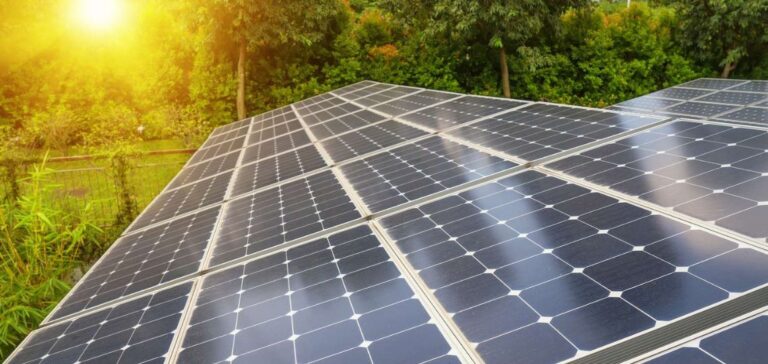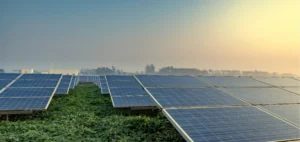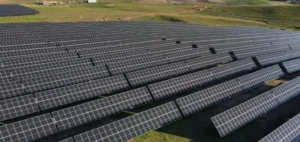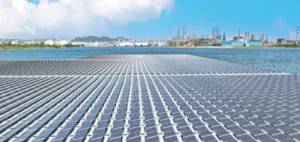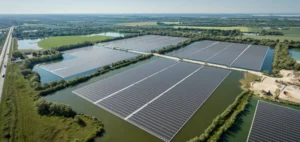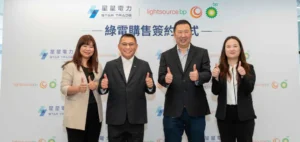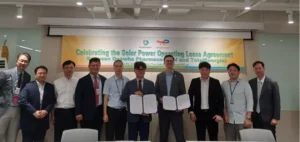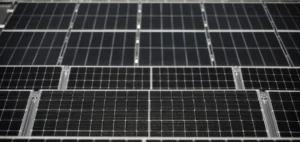Energy giant Fortum has reached an agreement to sell the remaining 43.75% of its solar portfolio in India to Gentari Renewables India Pte. Ltd., a subsidiary of clean energy solutions provider Gentari Sdn. Bhd. This transaction includes four solar power plants with a total capacity of 185 MW, located in Amrit, Kapeli, Bhadla, and Pavagada. This sale is the conclusion of a gradual divestment begun in 2018, when Fortum had already sold 56.25% of its shares in these assets.
Financial and strategic implications
The sale, which should be completed in the second quarter of 2024, will enable Fortum to record a significant profit. This withdrawal is part of a broader strategy to refocus on its Nordic activities, in line with the company’s strategy to limit its exposure to the Indian market. In addition to the solar power plants, the other co-owners, UK Climate Investments Lakeside Limited and a fund managed by Evli Fund Management Ltd, are also selling their shares, consolidating Gentari’s presence in India’s renewable energy sector.
Fortum’s reorientation and impact on the Indian market
Following the sale, Fortum will continue to manage a portfolio of renewable development and electric vehicle charging services in India, while evaluating alternatives for these remaining operations. This decision not to make any new commitments in India reflects a prudent strategy in the context of a global re-evaluation of its international investments. Remaining net assets, including guarantees, are estimated at around 30 million euros, underlining the reduced scale of Fortum’s operations in the region. Fortum’s sale of its shares in the Indian solar sector to Gentari marks not only a strategic withdrawal from the Indian market, but also an increased focus on its core Nordic markets. This transaction illustrates the changing dynamics of the global renewable energy market and positions Gentari as a key player in the future development ofsolar energy in India.

